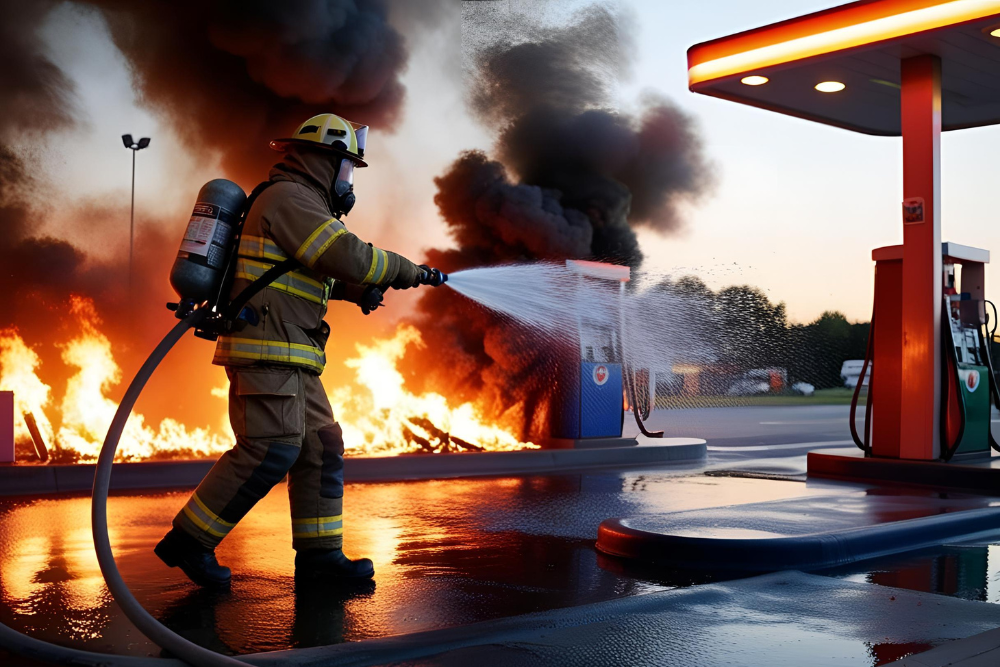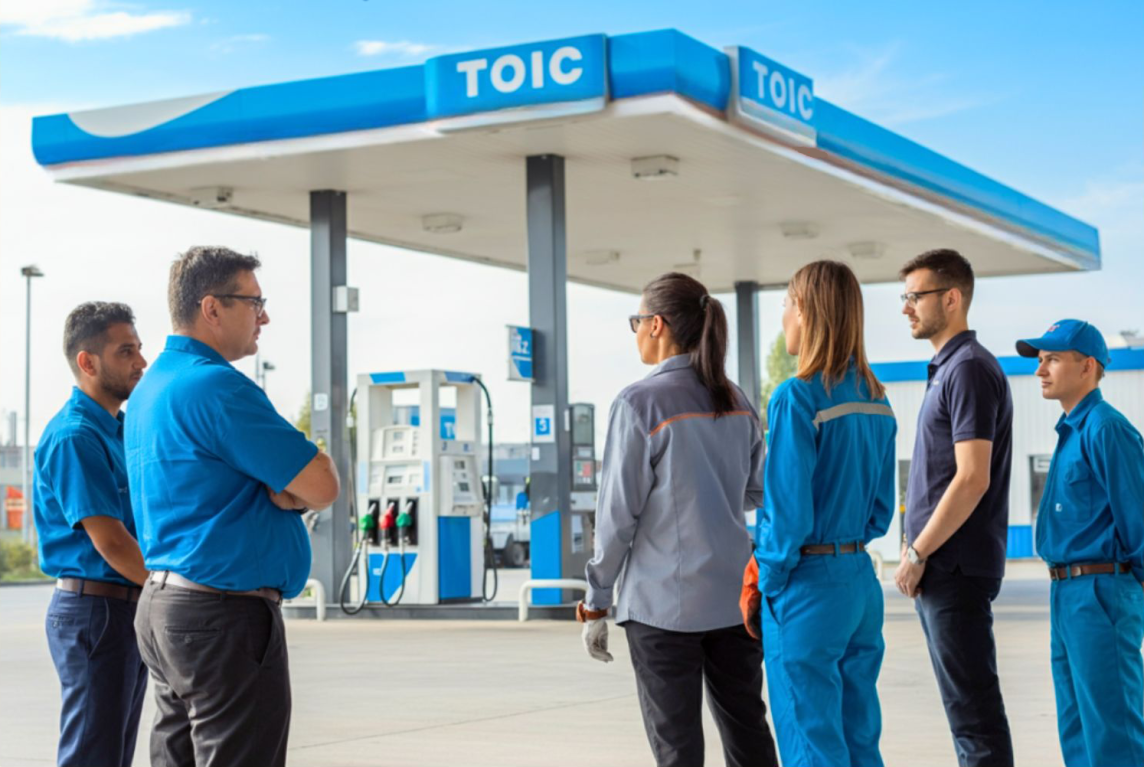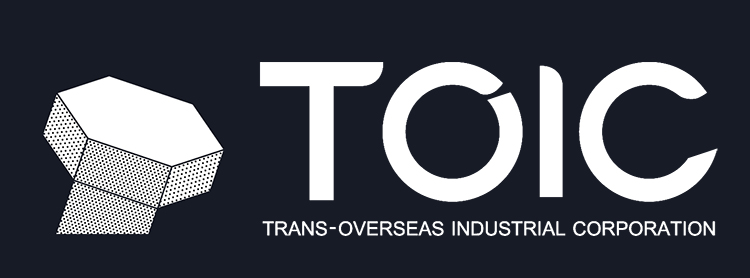Fuel spills are high-stakes incidents. Whether at a gas station, logistics hub, or industrial facility, a spill can quickly escalate into a fire hazard, environmental crisis, or workplace accident if not handled immediately and correctly. Here’s what your team should do first during a fuel spill emergency:
Ensure Safety First
The very first step in any fuel spill emergency is to ensure the safety of everyone on site. All fueling operations should be stopped right away, and any potential ignition sources—such as running engines or nearby electrical equipment—must be shut off. If necessary, the affected area should be evacuated, especially in cases where fuel vapors are strong or the volume of the spill is significant.
Contain the Spill Quickly
Once safety is secured, the next step is containment. Fuel spreads quickly, and without the right tools on hand, it can reach storm drains or nearby soil in minutes. Your team must act fast to stop the spread by using containment berms, absorbent materials, or portable dikes. Drain covers should also be applied to protect nearby waterways from contamination.
Notify the Right People
After the spill is under control, it’s important to notify the appropriate personnel. This includes your facility manager or safety officer, as well as local environmental authorities if the spill volume is high or has reached public areas.
Begin Clean-Up
Cleanup should then begin using approved spill kits specifically designed for fuel. These kits typically include absorbent pads, gloves, disposal bags, and other tools to safely handle hazardous materials. If a tank or line is leaking, temporary repair kits can help reduce further damage while waiting for maintenance.
Review, Report, and Restock
Finally, after the situation is resolved, your company should conduct an internal review. Identify what caused the spill, restock used supplies, and retrain staff if any weaknesses were discovered during the response.
Prevention is Better than Cure
Now let’s talk about the best solution. One of the smartest ways to minimize the risk of fuel spills is by preventing them in the first place. An Automatic Tank Gauge (ATG) is an essential tool for any fuel-handling facility. It continuously monitors tank levels and can detect changes that may indicate a leak, system failure, or even fuel theft. With this real-time data, operators can respond immediately to any irregularities—preventing small issues from turning into major incidents.
Conclusion
Fuel spills require quick and effective action, and preparation makes all the difference. With trained staff, clear procedures, and the right equipment, your team can handle emergencies safely and efficiently. Prevention also plays a key role. TOIC Solutions helps improve fuel management by supporting businesses with tools like Automatic Tank Gauges, providing real-time visibility to detect issues early. With the right systems in place, you can avoid disruptions, protect your equipment, and keep your operations running smoothly.
Why Choose TOIC Solutions?
Trans-Overseas Industrial Corporation (TOIC) Solutions, established in 1976, has been the trusted partner for fuel dispensers, fuel pumps, service station equipment, and the gas station industry in the Philippines. As a leading distributor of advanced fueling technology, we provide reliable, efficient, and durable solutions that enhance the performance of your fueling operations.
With years of expertise and strong partnerships with multinational corporations, TOIC delivers top-quality products, including automatic tank gauging, tank calibration, wetstock management, POS service station systems, and tank testing. If you’re looking to upgrade your fueling system, reduce operational costs, and ensure precision in every transaction, TOIC Solutions is the name to trust. Talk to us!




